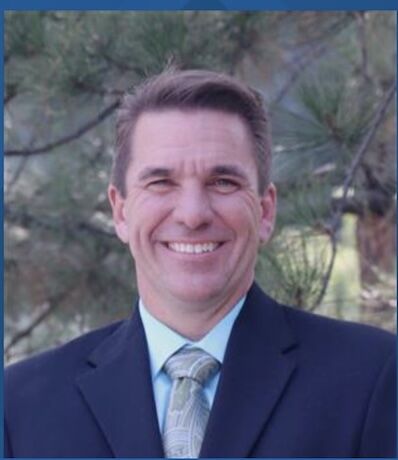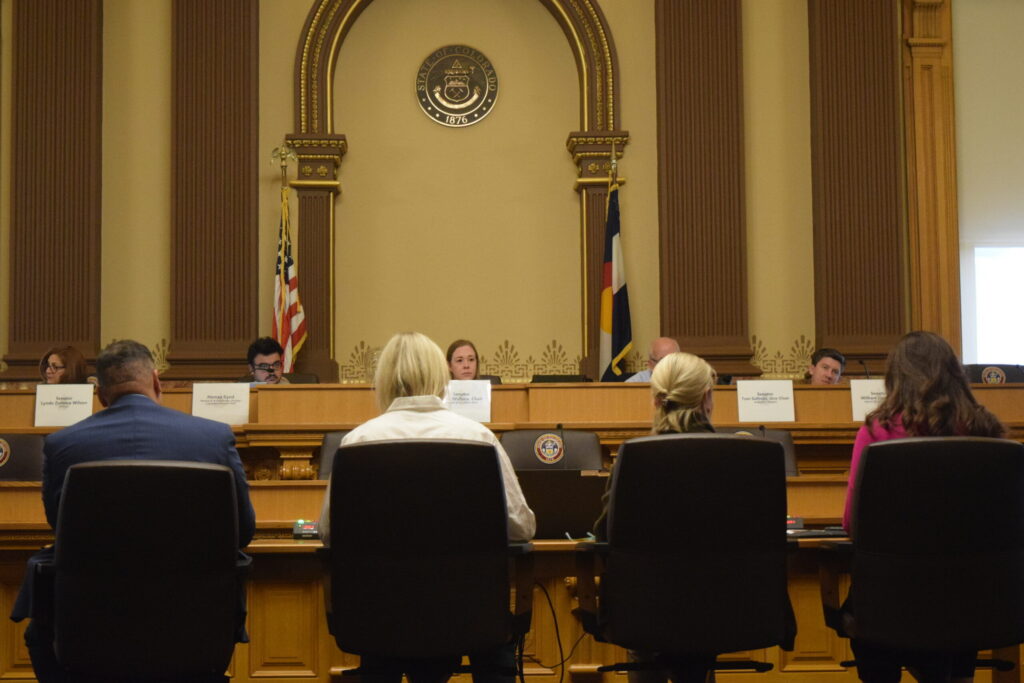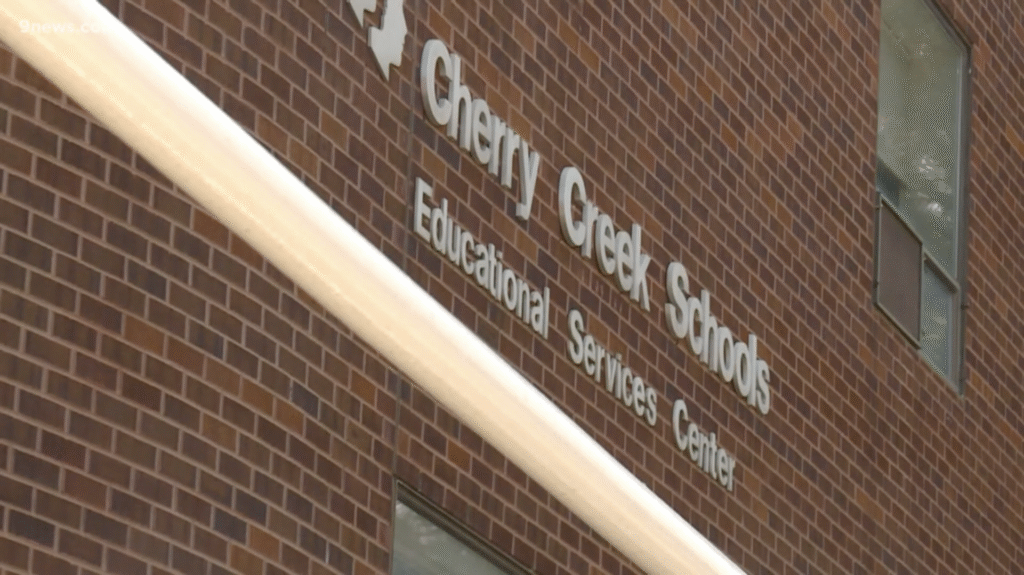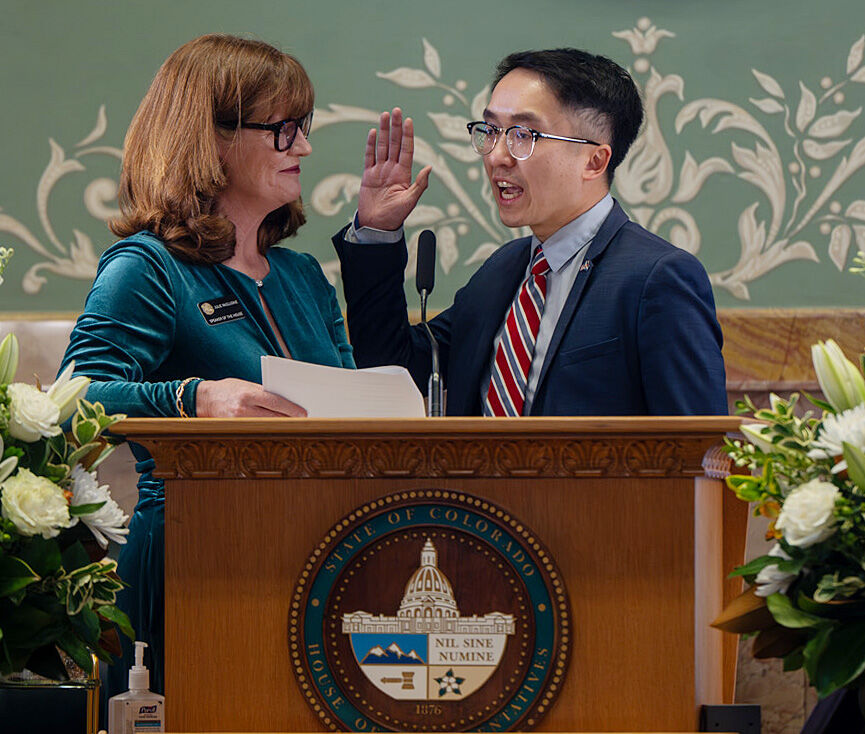Colorado Springs teachers union, District 11 reach tentative contract agreement
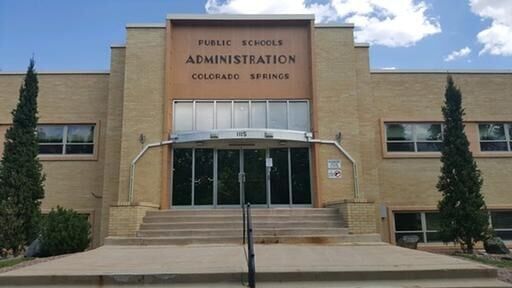
After nearly two weeks of prolonged contract bargaining, Colorado Springs School District 11 administrators and the Colorado Springs Education Association, a union representing about 60% of district teachers, reached a tentative agreement Tuesday.
The agreement starts teacher salary at $50,000; provides a 5% cost of living adjustment to all teachers; and will pay teachers a 6% non-recurring bonus across two paychecks, one in November and one in May; and honors steps and lanes. This contract would apply to all D-11 teachers regardless of their CSEA membership status.
“District 11 is sticking a flag in the ground, saying that we want you. We want your collaborative contribution in this district,” said Darren Joiner, the D-11 northeast area superintendent.
CSEA will next present the agreement to teachers on Thursday at the Tesla Educational Opportunity Center. CSEA members will then vote on whether they want to ratify and have an answer for the district by next Tuesday on whether it passed or failed. The school board of education will then hold its own ratification vote on behalf of the district.
Although not unheard of, the routine annual bargaining process rarely extends so late.
“That’s not how the majority of our sessions go. It’s just, this is kind of par for the course when it gets to the money talk because it’s a contentious topic, but outside of that we really do collaborate and work well as a group,” said Adrienne Propsom, CSEA member and math teacher at Coronado. “I’d like encourage everybody in the room to continue to advocate for your rights, whether that’s in the board room, or coming into these sessions, or standing up for your students.”
Much of the concern focused on the district’s proposed change to teacher salary schedule. The current schedule uses “lanes and steps” for teacher pay. Lanes consider education credentials, such as degrees and hours of graduate studies completed. Steps consider longevity, or how many years a teacher has been teaching. The proposal added a third, previously unaccounted for factor into salary calculations.
D-11 administration pushed for a “pay for collaborative contribution” salary model in which teachers would be rewarded with higher compensation for participating in additional duties such as joining a committee or chairing a department. Negotiations determined this model will not take effect for the time being.
A task force composed of at least three CSEA-appointed teachers and three administration-appointed members will begin working in August on an evaluation rubric that will lay out standards for professional engagement and identify how staff can fulfill those requirements, according to a district presentation during the Tuesday bargaining session. No pay will be tied to performance next school year while the task force works out details on how this model could work.
Union contract negotiations to continue after D-11 makes teachers an offer
Concerned teachers drew comparisons between the district’s proposal and a pay-for-performance schedule, which had a controversial run at another local district.
Harrison School District 2 was among the first in Colorado to implement a pay-for-performance system in 2010 in an effort to boost student performance.
Many employees initially liked the idea, which replaced the traditional salary increases with a merit system that placed high expectations on teachers, administrators and students, and required frequent testing. Employees who met effectiveness benchmarks were rewarded with higher salaries.
However, by 2019, the system had not been upgraded and D-2’s raises and salaries were lagging other districts in the area. The district suspended the compensation model for the 2019-2020 school year to study its effectiveness before eliminating it completely.
D-11 administrators maintained their proposal was not a pay-for-performance model because there is no link between student achievement and salary. CSEA disagreed.
“It’s emphasized that this is not ‘pay for performance,’ it’s not pay for student test score performance. We get that, but it is clearly pay for performance on various other non-teaching tasks,” CSEA President Joe Schott said at the May 8 session.
The two parties worked through revised language pertaining to the salary schedule and accompanying task force before reaching an agreement Tuesday.
“This is what problem solving should look like, and it was really, really good this year,” Schott said. “You all didn’t see that. That’s too bad because everybody worked really hard, and it produced an excellent result.”
Colorado Springs-area schools receive national STEM recognition through Project Lead the Way




